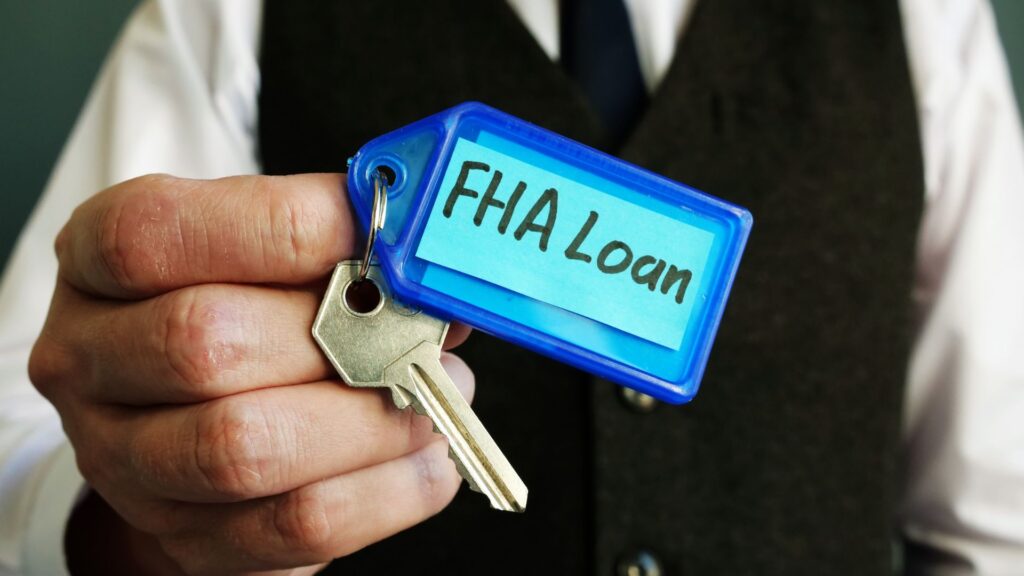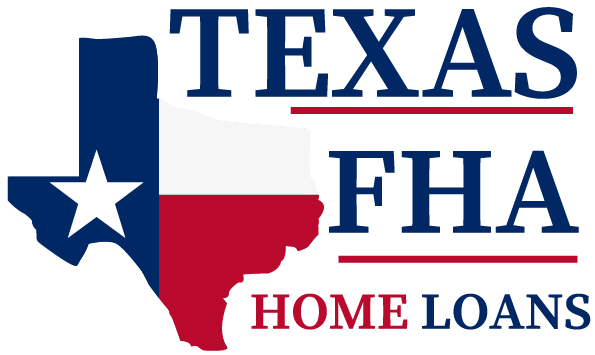If you’re contemplating the purchase of a residence and looking for financing options, you’ve likely considered FHA loans as a possible solution. This blog will examine the advantages and eligibility requirements for FHA loans.

Benefits of FHA Loans
- Low Down Payment: A modest down payment requirement is one of the most significant advantages of an FHA loan. With an FHA loan, you can put as little as 3.5% down on a residence. This is particularly advantageous for first-time homebuyers and those who have yet to save a substantial down payment.
- Less Strict Credit Score Requirements: Compared to Conventional Loans, FHA loans are known for their less stringent credit score requirements. A borrower with a credit score of 580 or higher can qualify for a 3.5% down payment on an FHA loan. With a 10% down payment and a credit score between 500 and 579, you may still be eligible for an FHA loan.
- Mortgage Insurance Requirements: Since FHA loans require a smaller down payment, mortgage insurance is necessary to defend the lender in the event of borrower default. FHA loans have both an upfront mortgage insurance premium (MIP) and an annual mortgage insurance premium (MIP) paid over the loan term. However, the MIP rates have become more favorable in recent years, reducing borrowers’ costs.
- Easy Credit Qualifying: FHA loans are designed to be more lenient concerning credit requirements. FHA loans are available to borrowers with less-than-perfect credit histories or prior bankruptcies. Because FHA loans are government-backed, lenders are typically more inclined to approve them.
FHA Loan Eligibility Requirements
To qualify for an FHA loan, you must satisfy specific FHA requirements. Here are the primary eligibility requirements:
- Property Appraisal: An FHA-approved appraiser must appraise the property you intend to purchase to ensure its value meets FHA requirements.
- Primary Residence: Only principal residences are eligible for FHA loans. Within sixty days of the closing, you must occupy the property as your primary residence.
- Debt-to-Income Ratio: FHA loans have specific requirements for the debt-to-income ratio. Your total monthly debts, including the proposed housing expense, should be at most 43% of your basic monthly income. Nonetheless, some lenders may tolerate higher ratios under specific conditions.
- Credit Score: The minimum credit score required for an FHA loan varies from lender to lender. While the Federal Housing Administration (FHA) accepts credit scores as low as 500 with a 10% down payment and 580 with a 3.5% down payment, individual lenders may have different credit score requirements. Shopping around and comparing lenders is essential to find one that meets your needs.
- Loan Limits: FHA loans have county-specific loan limits. These limits establish the utmost loan amount allowed with an FHA loan. It is essential to verify the loan limits in your area to ensure the property you desire falls within the acceptable range.
Applying for an FHA Loan
To apply for an FHA loan, you must complete the following steps:
- Find an FHA-Approved Lender: Search for FHA-approved lenders who offer FHA loans. You can search online or speak with a mortgage broker to locate a reputable lender.
- Collect Documentation: Prepare identification, income verification (such as pay receipts and tax returns), bank statements, and employment history documentation. Your lender will walk you through the application procedure and the required documents.
- Complete the Application for a Loan: Complete the loan application supplied by the lender. Provide precise and exhaustive details about your financial situation, employment history, and the property you desire to acquire.
- Underwriting and Approval: Once your application has been submitted, the lender will evaluate your information to determine if you satisfy the FHA loan requirements. This includes assessing your creditworthiness, stable income, and the property’s value.
- Closing and Loan Disbursement: If your loan application is approved, you will proceed to the closing and loan disbursement phase. During this phase, you will sign the required paperwork and pay any closing costs. The loan funds will be disbursed following the closing, and you will become a homeowner.
Not everyone may qualify for FHA loans, even though they offer numerous advantages. It’s always a good idea to investigate multiple loan options and consult with a mortgage expert to determine which one is the best match for your specific circumstances.
In conclusion, FHA loans make homeownership accessible due to their low down payment requirements, flexible credit score requirements, and more lenient eligibility requirements. An FHA loan may be your best option if you are a first-time homebuyer with a low credit score. Remember to research lenders, comprehend the requirements, and collect the required documentation to streamline the application process. With careful planning and guidance, an FHA loan will help you achieve your homeownership objectives.


